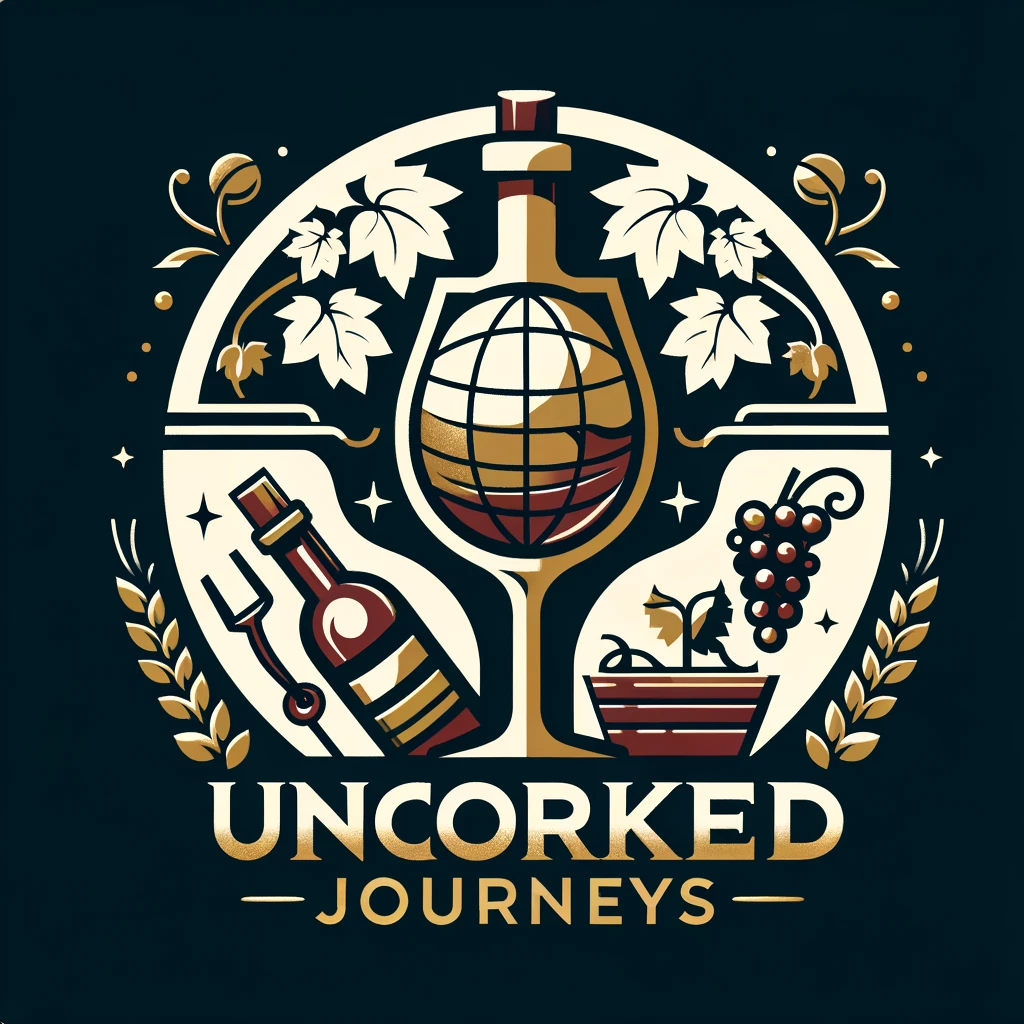Bordeaux
Bordeaux, nestled in the southwest of France, is revered globally as a wine capital, where centuries-old traditions and meticulous craftsmanship have shaped its iconic status. This region is synonymous with a rich wine culture that permeates every aspect of life, from the sprawling vineyards to the bustling markets and elegant châteaux. The reverence for wine is palpable in Bordeaux, where vintners strive to produce wines that capture the essence of the region's terroir and uphold its legacy. The culture is deeply rooted in a respect for the land, a commitment to quality, and an understanding of wine as both an art form and an expression of history.
The history of wine-making in Bordeaux stretches back to Roman times when vines were first cultivated in the region. By the Middle Ages, Bordeaux wines were being exported to England and other parts of Europe, establishing the region as a hub for high-quality wine production. The 1855 Classification, commissioned by Emperor Napoleon III, further cemented Bordeaux's reputation by categorizing its wines into a hierarchy based on quality. This ranking system endures today, reflecting Bordeaux’s commitment to excellence and its historical significance in the world of wine.
Bordeaux's reputation is built on its ability to produce a diverse array of exceptional wines. The region is famed for its red blends, particularly those from the Left Bank, dominated by Cabernet Sauvignon, and the Right Bank, where Merlot takes center stage. Noteworthy appellations such as Margaux, Pauillac, Saint-Émilion, and Pomerol are celebrated for their nuanced and age-worthy wines. Bordeaux also excels in white wines, with Sauternes producing some of the world’s most exquisite sweet wines and the Graves region known for its crisp, aromatic whites.
The unique character of Bordeaux wines owes much to the region's soil and climate. Its terroir, a harmonious interplay of gravel, clay, and limestone soils, provides ideal drainage and mineral content, nurturing vines to produce grapes of remarkable complexity. The maritime climate, moderated by the Atlantic Ocean and the Gironde estuary, ensures mild winters, warm summers, and adequate rainfall. These conditions allow for a long growing season, enabling grapes to develop balanced acidity, sugar, and tannins, which are crucial for crafting wines with depth and longevity.
Bordeaux’s wine-making traditions are steeped in innovation and a dedication to sustainability. Many producers embrace biodynamic and organic farming practices, striving to maintain the health of their vineyards for future generations. Visitors to the region can explore its heritage through wine tours and tastings, often conducted in centuries-old cellars or modern architectural marvels. These experiences not only showcase the exceptional wines but also highlight the passion and expertise of the people behind them.
An intriguing facet of Bordeaux’s wine culture is the practice of en primeur, or wine futures. This unique system allows collectors and enthusiasts to purchase wines before they are bottled, providing a glimpse into the vintage’s potential and fostering a sense of anticipation. Another remarkable tradition is the blending process, where winemakers meticulously combine different grape varieties to achieve the perfect balance and expression of the vintage. This artistry, passed down through generations, is at the heart of Bordeaux’s enduring allure.
